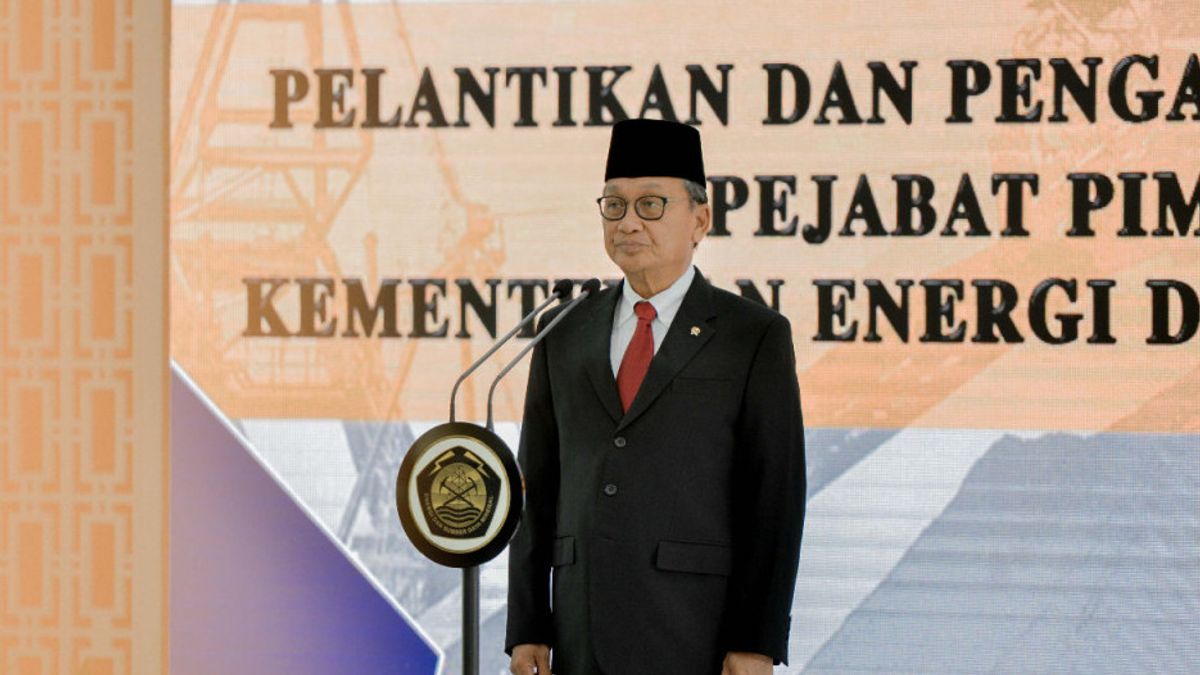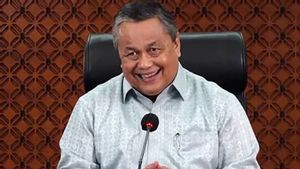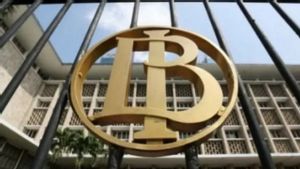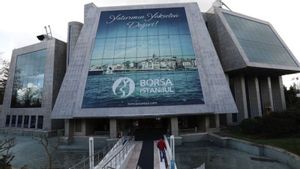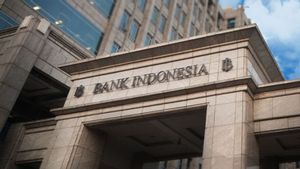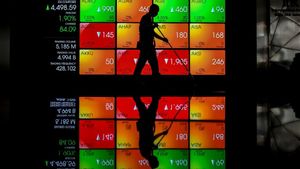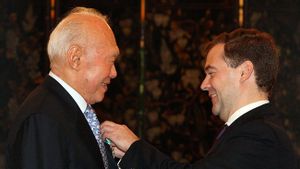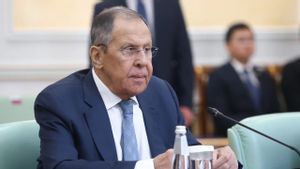JAKARTA - The Minister of Energy and Mineral Resources (ESDM) Arifin Tasrif officially launched the Electric Power Subsector of Carbon Trading. Arifin hopes that carbon trading can be supported by business actors in the power generation sub-sector.
According to him, to achieve the target of reducing greenhouse gas emissions in the energy sector in accordance with the enhanced Nationally Determined Contribution (NDC) document, support and participation from power plants that utilize new, renewable energy and other business actors that carry out mitigation actions in the scope of the energy sector are needed.
Based on the carbon trading roadmap for the power generation sub-sector that has been prepared, the implementation of carbon trading has the potential to reduce greenhouse gas emissions by more than 36 million tonnes of CO2e in 2030. To this end, the Government of Indonesia has issued Presidential Regulation Number 98 of 2021 concerning Value Implementation Carbon Economy for Achieving Contribution Targets Determined Nationally and Controlling Greenhouse Gas Emissions in National Development.
"The Economic Value of Carbon is a market mechanism that gives the burden of emissions produced to emitters, so that it can be said that the Economic Value of Carbon can provide incentives for activities that can reduce greenhouse gas emissions," Arifin said in his speech, Tuesday 22 February.
As is known, the Ministry of Energy and Mineral Resources has issued Minister of Energy and Mineral Resources Regulation Number 16 of 2022 concerning Procedures for Implementing Carbon Economic Value in the Power Generation Subsector. This Ministerial Regulation, among other things, regulates carbon trading in the power generation sub-sector and will become a reference in the implementation of carbon trading.
Director General of Electricity Jisman Hutajulu said, in 2023 carbon trading will be carried out in the power generation sub-sector in the mandatory stage. This carbon trading was first implemented in Indonesia in a coal-fired power plant unit connected to the PT PLN (Persero) power grid with a capacity greater than or equal to 100 MW.
"To support the implementation of carbon trading, the Ministry of Energy and Mineral Resources has established an Emission Limit Technical Approval (PTBAE)," said Jisman.
Jisman further said that in 2023 the Ministry of Energy and Mineral Resources has determined the value of Technical Approval for Business Actors Emission Limits (PTBAE-PU) for 99 units of coal-fired power plants (42 companies) which will become carbon trading participants with a total installed capacity of 33,569 MW.
United Nations Development Program (UNDP) Resident Representative Norimasa Shimomura expressed support for the implementation of carbon trading in the power generation subsector.
VOIR éGALEMENT:
"Through this opportunity, Indonesia is taking the first steps to use carbon trading as an instrument in the energy sector to reduce greenhouse gas emissions from coal-fired power plants as well as offer carbon incentives for investment in renewable energy and energy efficiency. It is an honor for UNDP to participate in the Transition Indonesian Energy with funding from the Japanese government," said Norimasa.
Going forward, gradually carbon trading in the power generation sub-sector in the second and third phases will be applied to fossil power plants other than coal-fired power plants and not only those connected to the PT PLN (Persero) network.
"Through carbon trading, it is hoped that we can change our behavior to be more directed towards green economic activities that are lower in carbon and accelerate the development of EBT," concluded Arifin.
The English, Chinese, Japanese, Arabic, and French versions are automatically generated by the AI. So there may still be inaccuracies in translating, please always see Indonesian as our main language. (system supported by DigitalSiber.id)
